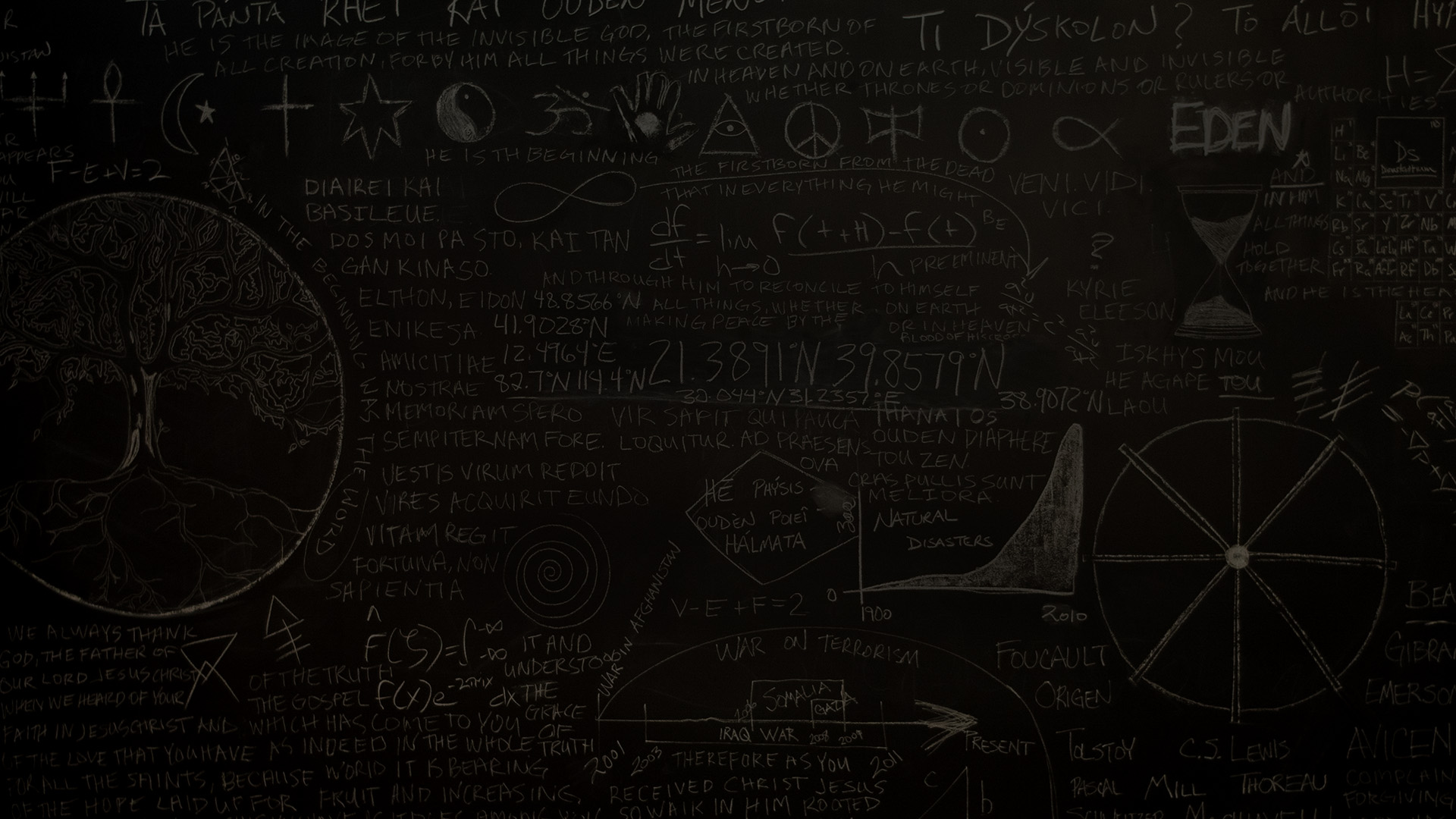He kept tugging on my arm as we walked through the poverty-stricken dirt roads that the boys called home. A bright red label of a long discarded coke bottle or the tattered yellow skirt hung carefully over a clothesline to dry are the only colors that stood out among the brown and grey of the drab surroundings. The dirt roads were cluttered with potholes and stones, with piles of dirt and trash as the odd obstacles every few steps. We ambled down these lanes, which could scarcely be called ‘streets’, that meandered over and through with no apparent order or civic planning. One-room homes were scattered among filthy nightclubs and small openings in the wall where vendors set up shop to sell their wares of charcoal or potatoes or old worn out shoes.
The one-room huts were made of concrete blocks and covered with second hand corrugated metal probably salvaged from the trash heap. The entryways were openings with no doors and often covered only by a sheet or a dirty piece of plastic that had been scrounged from a nearby dump. The community is called ‘garden’ because the villagers are able to grow potatoes or beans along the fertile banks of the nearby sewage pond. The smell is atrocious.
Boyd kept tugging and pointing, almost pleading, but I could not understand his broken English. Turning to the translator to get clarity, he said, “He wants to show you where he lives.” Taking a right, we headed down a narrow path between two houses whose roofs were so low that I could reach up and touch. It turned into an alley littered with more trash humps and rocks and then opened up to a juncture of sorts where the doors of each hut faced each other almost making a square. Boyd quickly darted into the hut on the left, disappeared, and then just as quickly reappeared with an elderly lady in tow. “This is where I live and this is my grandmother,” he said through the translator. I reached out to shake her hand but she instead gave me a big hug talking frantically and squeezing me ever harder. The translator jumped immediately to my aid to render the meaning of the verbal gibberish. “Thank you. Thank you. God bless you. You have brought blessings to my child and to our home. Thank you. God bless you. God bless you.”
I had been Boyd’s camp counselor all week at Camp Life, a weeklong camp for orphans in Zambia, which has the highest per capita orphan rate in the world. Boyd was 10 years old and had lost his parents years earlier – probably to sickness or disease. His grandmother cares for him, his 3 brothers, and 1 sister. She sells vegetables to provide for them but they barely make ends meet.
Each one of the ten boys in my group that week had similar circumstances - orphans who have lost both parents, maybe have one meal a day, and have no way to attend school. They have all since been sponsored by the gracious gifts of friends here in America. Now they are given clothes, food, and a Christian education.
Our family is going back to see those little boys and to remind them that God (and some crazy white people from across the ocean) really cares about them. If you would like to be a part in supporting us to return to Zambia, please click the link below from a desktop computer. Our goal is great, but our God is greater. Your tax-deductible gift will bring a smile to a young orphan boy and ignite a grandmother’s blessing. Click here to give now…
https://web.familylegacy.com/zambia/willisfamily






















